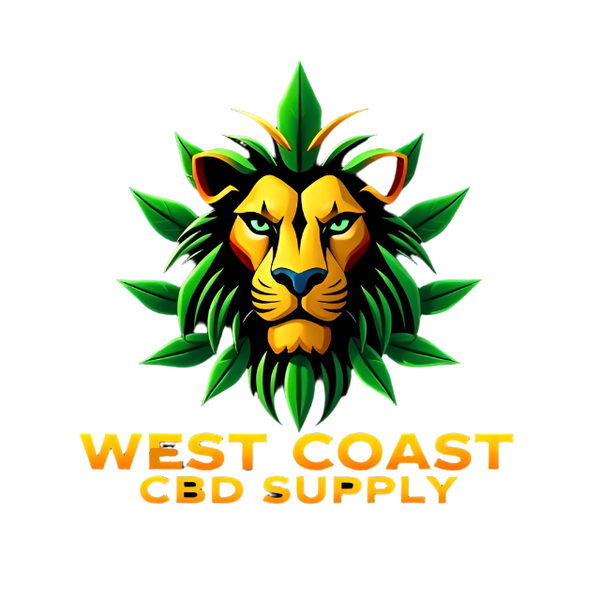What’s the Deal with Hemp-Derived THC-A?

Share
The hemp industry is constantly evolving, and one of the latest buzzworthy cannabinoids making waves is THC-A (Tetrahydrocannabinolic Acid). But what exactly is hemp-derived THC-A, how is it different from regular THC, and what does its legal status mean for consumers and businesses? Let’s dive in.
What is THC-A?
THC-A is the raw, non-psychoactive form of THC found in hemp and cannabis plants. Unlike Delta-9 THC, which is responsible for the "high" associated with marijuana, THC-A does not produce intoxicating effects unless heated (through smoking, vaping, or cooking). This process, known as decarboxylation, converts THC-A into active Delta-9 THC.
How is THC-A Derived from Hemp?
Hemp-derived THC-A comes from cannabis plants that meet the federal definition of hemp—meaning they contain 0.3% or less Delta-9 THC by dry weight. Some hemp cultivators are growing high-THC-A strains that remain compliant in their raw form, but when heated, they can produce psychoactive effects similar to traditional marijuana.
Is Hemp-Derived THC-A Legal?
The legality of hemp-derived THC-A exists in a gray area. Under the 2018 Farm Bill, hemp and its derivatives are legal as long as they contain no more than 0.3% Delta-9 THC. Because THC-A itself is non-psychoactive in its raw state, some companies argue that it remains compliant. However, since heating it converts it into Delta-9 THC, regulators may view it differently.
Some states have banned or restricted hemp-derived intoxicants, including THC-A, while others allow it under hemp laws. As the legal landscape shifts, consumers and businesses should stay updated on state regulations.
Why Are Consumers Interested in THC-A?
Many people seek out THC-A for its potential wellness benefits, which may include:
-
Anti-inflammatory properties
-
Neuroprotective effects
-
Possible pain relief
-
Non-intoxicating benefits (when consumed raw, such as in juices or tinctures)
Additionally, because THC-A can convert into THC when heated, some consumers see it as a legal alternative to traditional cannabis.
What Does This Mean for the Hemp Industry?
Hemp-derived THC-A is a hot topic in the industry, and it’s attracting attention from regulators, retailers, and consumers alike. As more companies explore this cannabinoid, businesses need to stay compliant while navigating an ever-changing legal framework.
Final Thoughts
THC-A represents both an exciting opportunity and a legal challenge for the hemp industry. While it offers potential wellness benefits and an alternative for cannabis users in restricted states, its legality is still debated. If you're considering purchasing or selling THC-A products, it's essential to stay informed about state and federal laws to ensure compliance.
As the industry evolves, one thing is clear—THC-A is here to stay, and its role in the hemp market will continue to grow.
